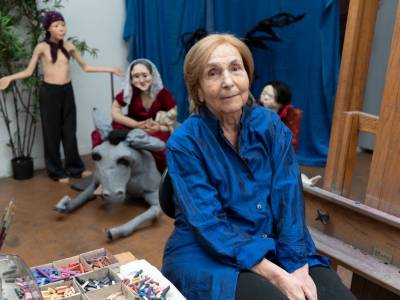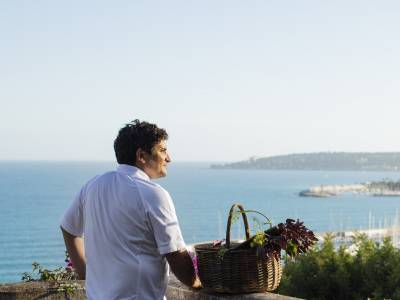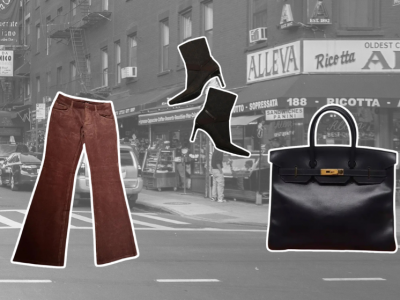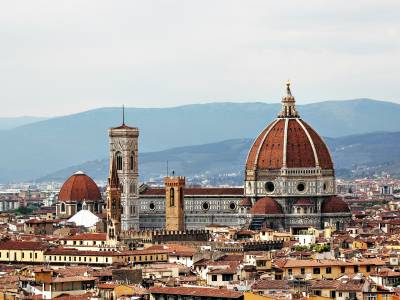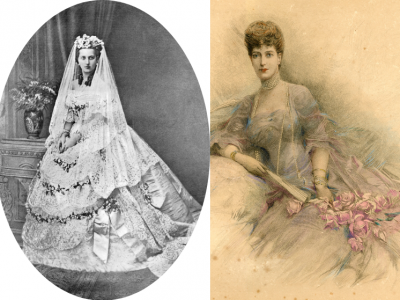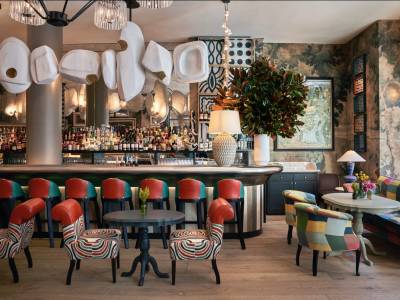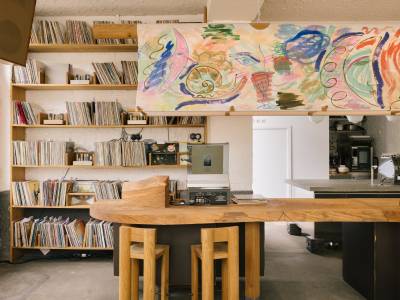Portuguese-born, British artist Dame Paula Rego has passed away peacefully after a short illness, at home in North London.
Carlos Carreiras, mayor of the town of Cascais, home to a museum dedicated to Rego's work told Reuters:
"Portuguese culture has lost one of its most important and irreverent creators, someone who distinguished herself as a woman, human being and artist."
Particularly known for her paintings and prints based on storybooks. Rego studied at the Slade School of Fine Art, University College London and was an exhibiting member of the London Group, along with David Hockney and Frank Auerbach. She was the first artist-in-residence at the National Gallery in London.
Rego spent much of her career focusing on women's rights. A staunch critic of the anti-abortion movement, she used the theme of abortion as a focal point in much of her art, createing an art series documenting illegal abortions in response to Portugal's 1998 referendum on abortion.
"The series was born from my indignation, said Rego:
“It is unbelievable that women who have an abortion should be considered criminals. It reminds me of the past… I cannot abide the idea of blame in relation to this act. What each woman suffers in having to do it is enough. But all this stems from Portugal's totalitarian past, from women dressed up in aprons, baking cakes like good housewives. In democratic Portugal today there is still a subtle form of oppression… The question of abortion is part of all that violent context."
The writer and translator, Anthony Rudolf, was Rego’s companion until her death.
She is survived by her children, Nick, Caroline and Victoria.
